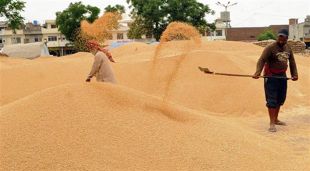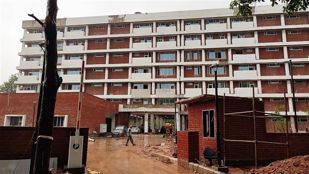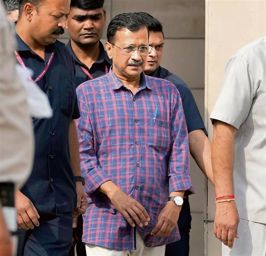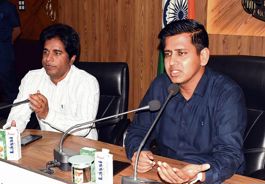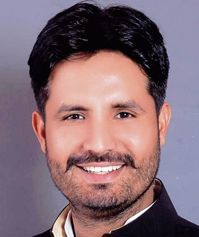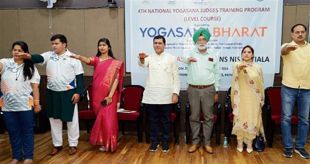Samaan Lateef
Tribune News Service
Srinagar, March 26
Nearly 3 lakh suspected tuberculosis (TB) patients have been examined by doctors in Kashmir in the past six years, revealing enormity of the disease ignored by the government for long. With the TB poses a challenge to the healthcare system in Kashmir, the official data of the Directorate of Health Services Kashmir (DHSK) has put the number of TB suspects examined since 2011 at 2,99,679.
At least 26,835 new TB patients have been registered for treatment since 2011, said State TB Officer, Dr Showkat Ali Looloo. He said 18 TB patients, who had developed multi-drug resistance, had died since 2012.
Tuberculosis is an infectious disease that usually damages the lungs. It spreads through air via droplets from the lungs when TB patient coughs, sneezes or talks.
If not treated, each person with active TB can infect on an average 10 to 15 people a year, he said. A majority of TB cases have been detected in Gujjar and Pahari families inhabiting the hilly areas of the Valley.
However, Looloo said the prevalence of the TB had increased in the urban areas due to mixing of infected people with normal people.
He said the unhygienic living conditions in crowded hutments or makeshift homes often filled with smoke increases the chances of family members to fall prey to the bacterium, Mycobacterium tuberculosis.
Official data revealed that 133 patients had been put on multi-drug resistant medication while seven had been put on extensively drug resistance medication.
Looloo said five CB-NAAT machines had been installed in Anantnag, Baramulla, Budgam, Kupwara and Leh districts while two more would be installed at Pulwama and Kargil soon. Patients said the lack of infrastructure and advanced equipment were main hindrances in controlling the TB.
Most of the Directly Observed Treatment Short Course centres and laboratories for sputum examination were being run from dusty single rooms, said a microbiologist working with the DHSK.
The DOTS is a strategy to treat TB patients under the Revised National TB Control Programme (RNTCP).
However, health officials say that Kashmir is well prepared to address TB. “We possess advanced and effective interventions and technologies for diagnosis, treatment and care of TB,” Looloo said.
Despite completing 18 years of its implementation, the RNTCP has failed to consolidate the measure needed for the TB control in Kashmir.





















